Understanding Electronic Lab Notebooks (ELNs)
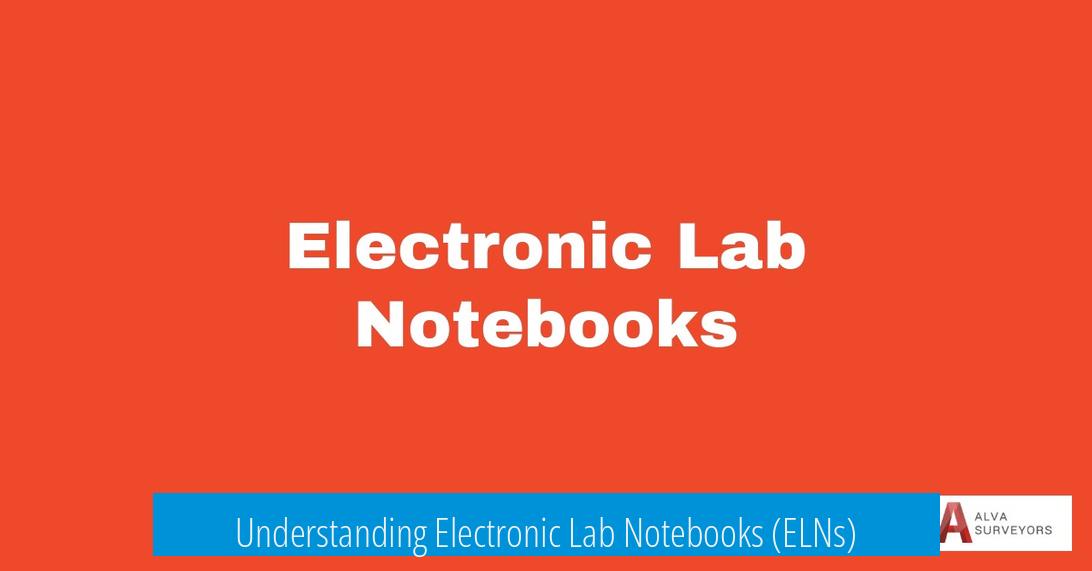
Electronic lab notebooks (ELNs) are digital tools used by researchers to record, organize, and manage scientific data and protocols. They serve as a modern replacement for traditional paper lab notebooks, enhancing accessibility, collaboration, and data security.
Key Benefits of ELNs
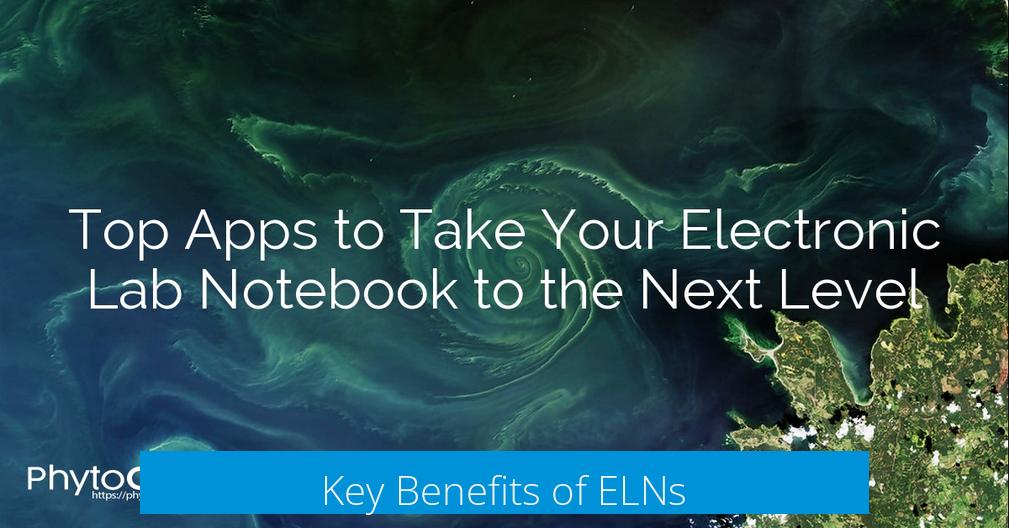
- Improved data organization with searchable records.
- Real-time collaboration among team members.
- Enhanced data backup and security.
- Regulatory compliance support, such as audit trails.
Popular ELN Products
Several software options cater to different research needs. Below is a selection with brief insights.

| Product | Overview |
|---|---|
| Benchling | A widely adopted platform known for seamless molecular biology integrations. |
| LabArchives | Offers comprehensive ELN features and has users switching for improved workflows. |
| Scinote | Robust tool with ongoing refinements to resolve minor issues. |
| Confluence | Serves as a flexible platform, often used for ELN purposes despite being a general collaboration tool. |
| LabGuru | Used by some labs; user experience varies. |
| Labstep | Focuses on ease of documenting procedures and data. |
| IGOR | Accessible via www.igorlabapp.com, designed specifically for lab management. |
Alternative to ELNs
Some labs prefer simpler methods like storing word documents or text files in project-specific folders with timestamped updates. This avoids extra software complexity but lacks ELN features such as audit trails and collaboration tools.
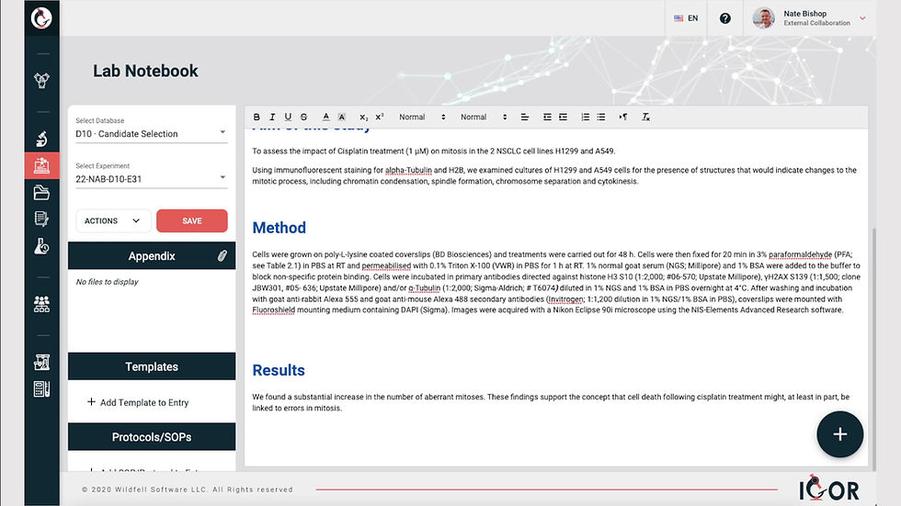
Choosing the Right ELN
When selecting an ELN, consider:
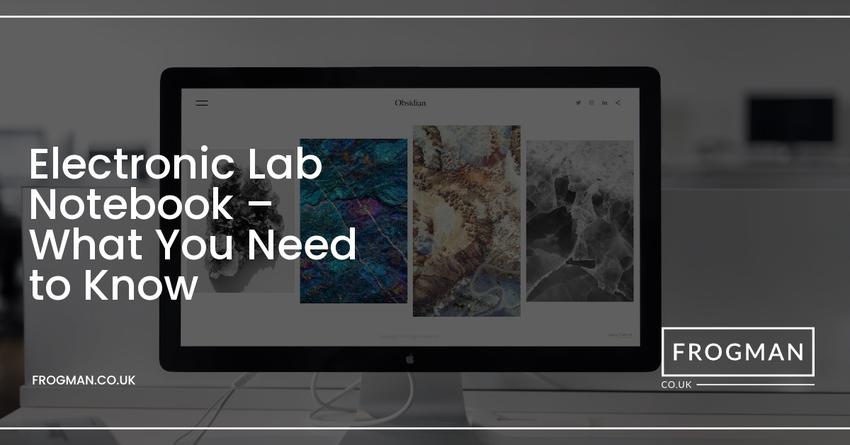
- Compatibility with research workflows.
- Ease of use and learning curve.
- Collaboration capabilities.
- Data security and compliance requirements.
- Cost and support availability.
Key Takeaways
- ELNs replace paper notebooks with digital, searchable, and collaborative records.
- Several products like Benchling, LabArchives, and Scinote provide specialized features.
- Alternative methods using basic files lack advanced ELN functionality.
- Choosing an ELN requires balancing features with user needs and resources.
Electronic Lab Notebooks: Revolutionizing Scientific Record-Keeping
Electronic lab notebooks (ELNs) are rapidly becoming a must-have tool for scientists and researchers, replacing traditional paper notebooks with flexible, searchable, and secure digital platforms. But which one fits your lab’s unique workflow? Let’s dive into some popular ELN choices, their quirks, and alternative approaches to recording your experiments efficiently.
Gone are the days when scientists flipped through dog-eared pages, squinting at faded ink trying to validate findings. ELNs solve many pain points, making collaboration smoother and data easier to audit. But choosing the right ELN? Now, that’s the real puzzle.
Why Consider an Electronic Lab Notebook?
Before jumping into software names, it’s good to think about why ELNs matter. They do more than digitize notes: they timestamp your entries, enable version control, link protocols and data in one place, and provide superior search functions.
This means no more trawling through piles of paper or accidentally losing critical data stored in a dodgy folder on your desktop. Plus, many ELNs comply with regulatory standards like FDA 21 CFR Part 11, crucial for industries needing audit-ready documentation.
The ELN Contenders: Options for Every Lab Style
Choosing the right electronic lab notebook is less “one size fits all” and more “which one clicks with your flow?” Here are some contenders you might have heard whispered in lab corridors.
- Benchling: A well-known ELN option favored for its smooth interface and robust features, though users sometimes desire more customization options. It’s a solid starting point if you want a platform designed specifically with biology workflows in mind.
- LabArchives: This one’s gaining serious traction—so much so that some labs are proudly announcing, “We just switched to LabArchives.” It’s known to balance user-friendliness with comprehensive data management, making it a popular choice for academic and commercial labs alike.
- Scinote: Imagine an ELN that’s good but still tinkering under the hood. That’s Scinote. Users praise its versatility but note that some minor glitches are being ironed out. If you like living on the edge with slightly evolving software, this could be your pick.
- Confluence: While primarily a collaboration and documentation tool, some integrate Confluence as a makeshift ELN. It’s flexible but may lack ELN-specific features out of the box.
- LabGuru: Curious about LabGuru? Some wonder, “Anyone ever use LabGuru?” If you’re the adventurous type, trying less-discussed options might unearth hidden gems but also means you’ll need patience to adapt and troubleshoot.
- Labstep: Mentioned in passing, Labstep offers tools tailored for managing experiments and protocols but may not yet have the widespread adoption of others.
- IGOR: This app (http://www.igorlabapp.com) is a neat addition to the roster—if you like working on a browser-based platform with integrated data management, it deserves a peek.
An Oldie but a Goodie: The Alternative Approach
Not every lab requires a fancy ELN with bells and whistles. Some researchers swear by a simpler method that doesn’t reinvent the wheel. Think: Word documents or text files saved in project-specific folders, complete with timestamped updates. This approach aims to keep things straightforward, ensuring you always have a dated log without the learning curve of complex ELN platforms.
Is this strategy bulletproof? Maybe not in terms of advanced features or collaborative tools. But when budgets are tight, or teams are small, this classic method still gets the job done.
Practical Tips for Choosing Your ELN
Here’s the twist—your best ELN might not be the shiniest or most feature-packed. It’s the one everyone actually uses. Consider these points:
- User Experience: Can your team adopt it without calling IT every five minutes?
- Compatibility: Will it integrate with your instruments, data systems, and cloud storage?
- Compliance: Does it meet regulatory or institutional standards?
- Cost: Does it fit your budget, including any hidden fees?
- Support & Updates: Is the vendor responsive, and how often do they improve the software?
The Bottom Line: Your Lab’s Data, Your Rules
Electronic lab notebooks are here to stay. They make science transparent, verifiable, and shareable. But remember, no software can replace good recordkeeping habits and critical thinking. An ELN should serve the science, not the other way around.
Imagine a world where you never lose an experiment’s crucial detail again. Where searching for a protocol is a quick keyword away instead of a treasure hunt through spreadsheets. ELNs can deliver that world. Whether it’s Benchling, LabArchives, Scinote, or even trusty old Word docs, good documentation will always be the unsung hero behind breakthrough discoveries.
What’s your lab’s story with ELNs? Are you team “cutting-edge platform” or team “simple folder, timestamped files”? Sharing experiences might just help someone else pick the perfect fit.
What are some popular electronic lab notebook (ELN) products?
Benchling, LabArchives, Scinote, Confluence, LabGuru, Labstep, and IGOR are well-known ELN options. Each has a different focus and user base.
Are there any issues users face with specific ELN software?
Scinote users have noted minor bugs that the developers are working to fix. Careful evaluation is important before full adoption.
Can simple tools like Word documents replace electronic lab notebooks?
Some labs use Word docs or text files with timestamps stored in folders as a simple ELN alternative. This method avoids new software learning curves but lacks advanced features.
Is LabArchives a good choice for switching from other ELNs?
LabArchives is often chosen for its straightforward interface and reliable support. Many labs switch to it for ease of use and collaboration capabilities.
Where can I find more information about the IGOR ELN?
IGOR’s official website at www.igorlabapp.com provides detailed information and resources for potential users.


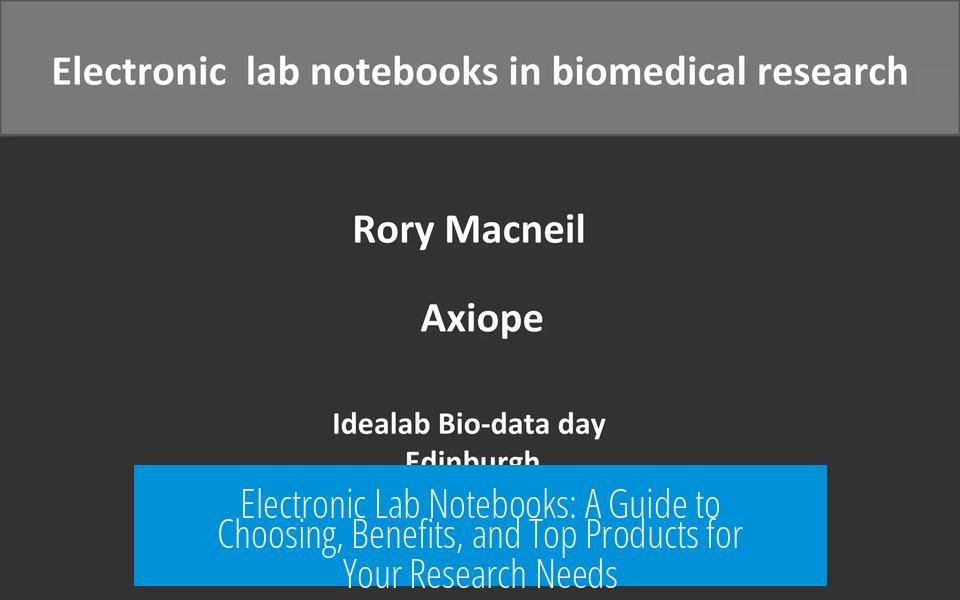


Leave a Comment